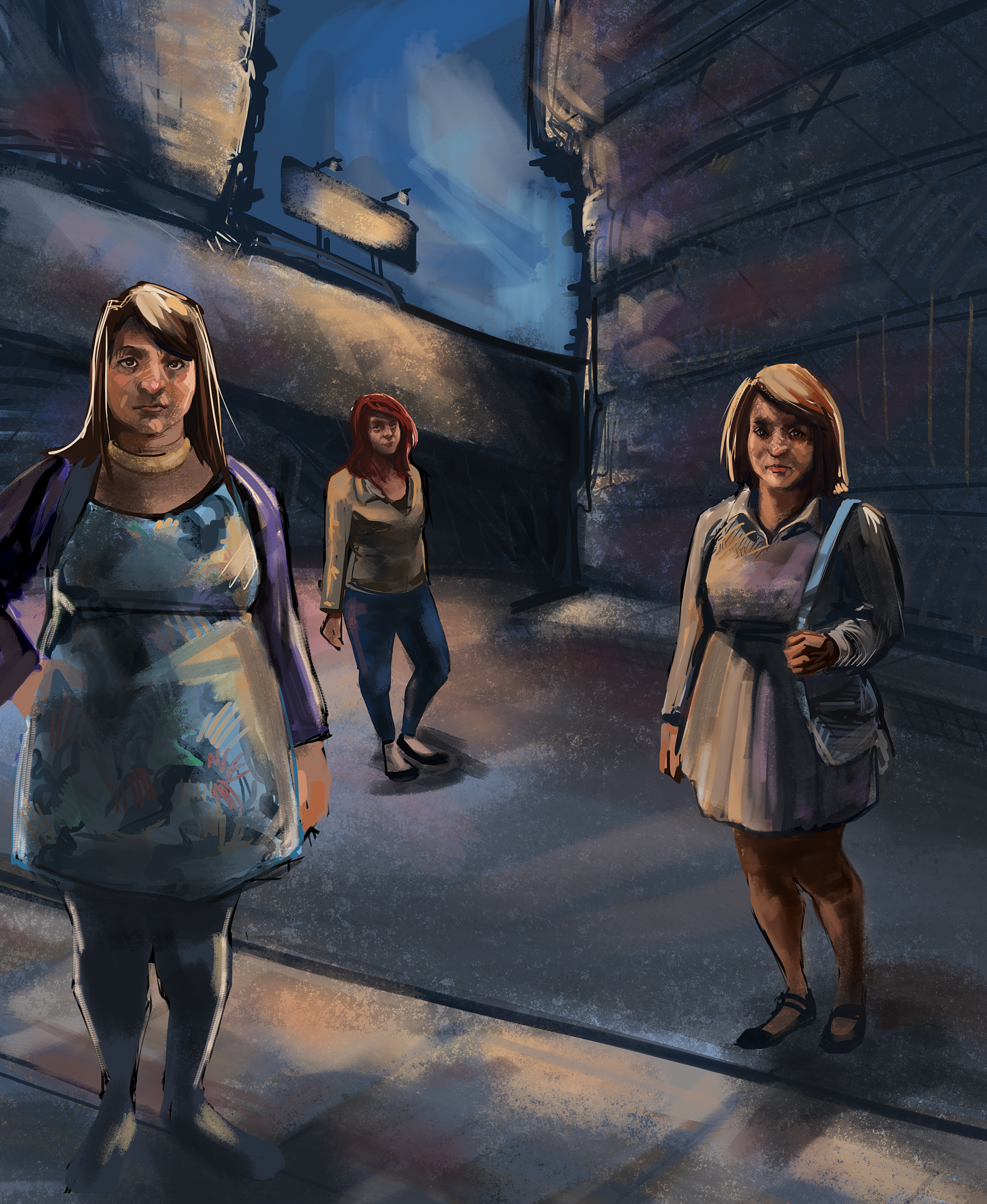Transit users across Winnipeg will likely not have to pay an extra 20 cents for bus fare this summer. City Council is scheduled to vote down the transit increase this week.
Mayor Katz stated that council would not proceed with the decision to increase the bus fares, and awaits the official council vote to rescind the fare hike on March 20.
On March 14 the city’s executive policy committee (EPC) voted down the fare hike.
On March 7 a spokesman for Premier Greg Selinger effectively stopped the increase by saying the province will not allow funds from the increase to go towards rapid transit, reported the Winnipeg Sun.
In an email statement to the Manitoban the provincial government said it supports rapid transit for Winnipeg.
“We have no plans to amend the legislation to allow funds generated by future fare increases to be dedicated for purposes other than Winnipeg Transit operations,” said the statement.
The statement explained the province thinks there are, “more appropriate ways to fund rapid transit than sudden and dramatic fare hikes.”
The statement said a new federal-provincial-municipal infrastructure agreement or tax revenues from future development along the corridor are two alternative funding sources for rapid transit they have identified.
Councillor Ross Eadie said the province cannot order the city to rescind the 20 cents, but the city has an operating grant agreement with the province.
“The province said ‘if you start charging the 20 cents, our operating agreement is not going to be there anymore’ and they have the right to say that,” said Eadie.
“Now we have to find another [funding] source for the rapid transit,” said Eadie.
He explained that a lot of people who are against the 20-cent hike are still for rapid transit.
“The city is growing; we need the rapid transit, so hopefully some other tax can be utilized to pay for [it],” he said.
“Users shouldn’t pay for infrastructure, nobody in Canada does it,” Eadie added.
The province needs to allow the city to find another source of revenue to pay for infrastructure, which includes rapid transit, Eadie said.
“There is a debate between us and [the new source of revenue] could be a gas tax for example, there [are] a bunch of ideas,” explained Eadie.
Harvey Smith said the decision to rescind the increase in bus fare is a real victory.
“The increase . . . was totally unrealistic. Why would people have paid for not using the rapid transit?” he added.
Keverley Malawski, a fourth-year student in the faculty of kinesiology and recreation management, said elevating the price of bus fares is a good idea for those who can afford it. But she added that for students and people who have a low income it is not a good idea.
“That was a large increase for people, so my recommendations would be to do small increments; it would be more sustainable for us and more affordable,” she concluded.
The proposition to put an additional fee on bus fares was approved by council in November, but a protest was organized by councillors Harvey Smith and Ross Eadie to rescind the 20-cent increase.
The Social Planning Council of Winnipeg, the University of Winnipeg Students’ Association and other community groups supported the protest.
City Council voted on March 20 to rescind the Nov. 16 decision for a transit fare increase of 20 cents because the province advised the city they would not amend the transit cost sharing agreement to fund new rapid transit development.


